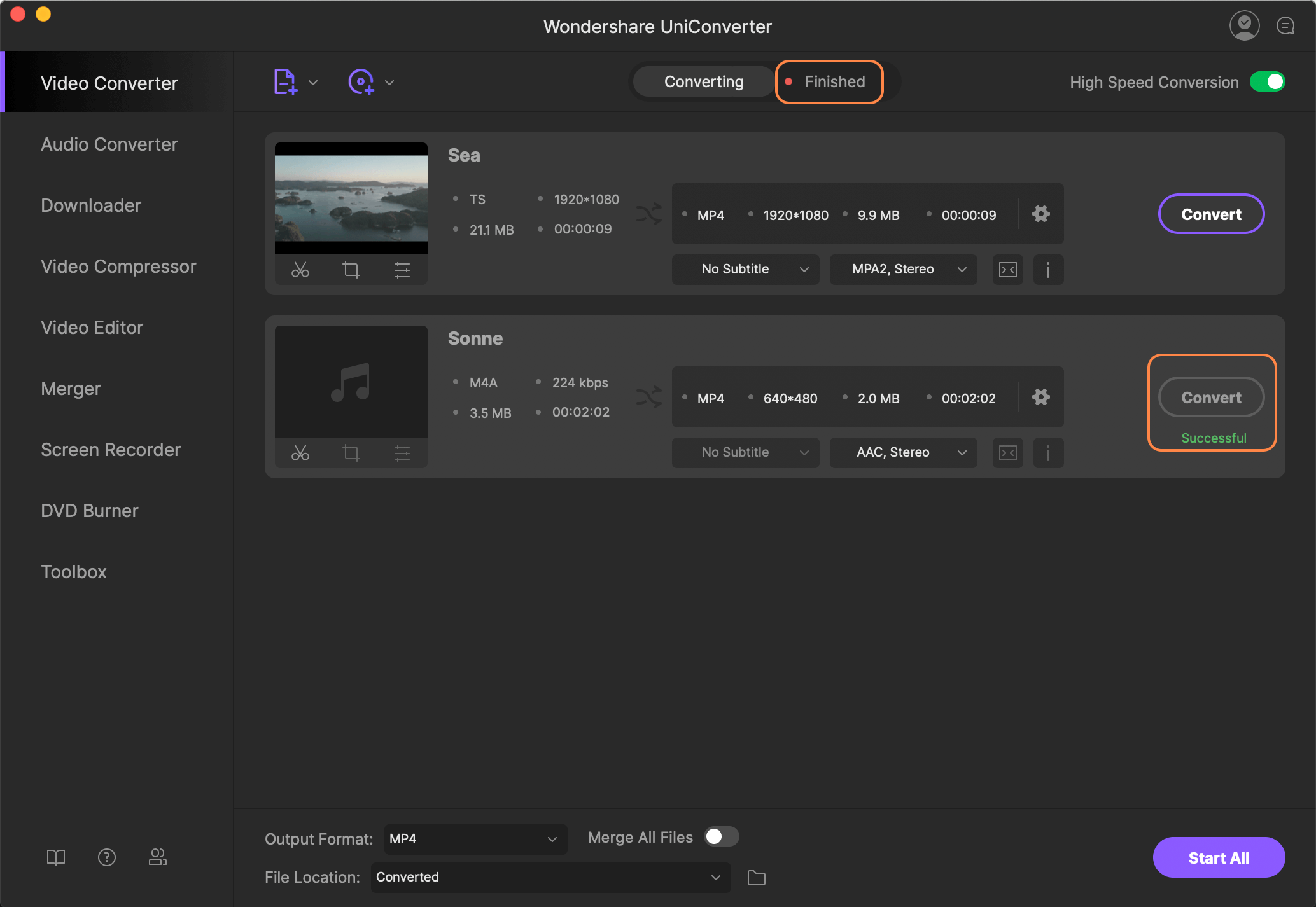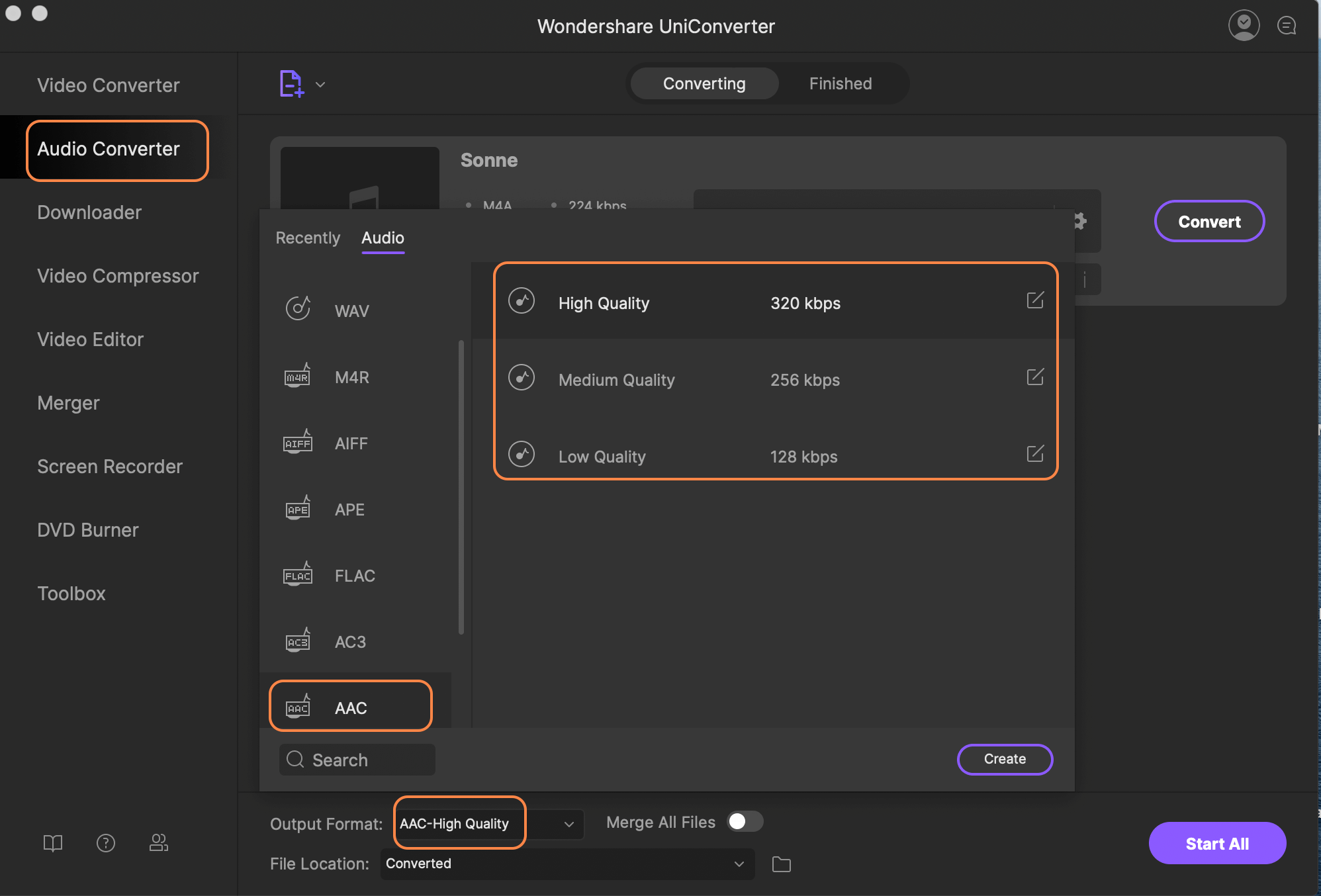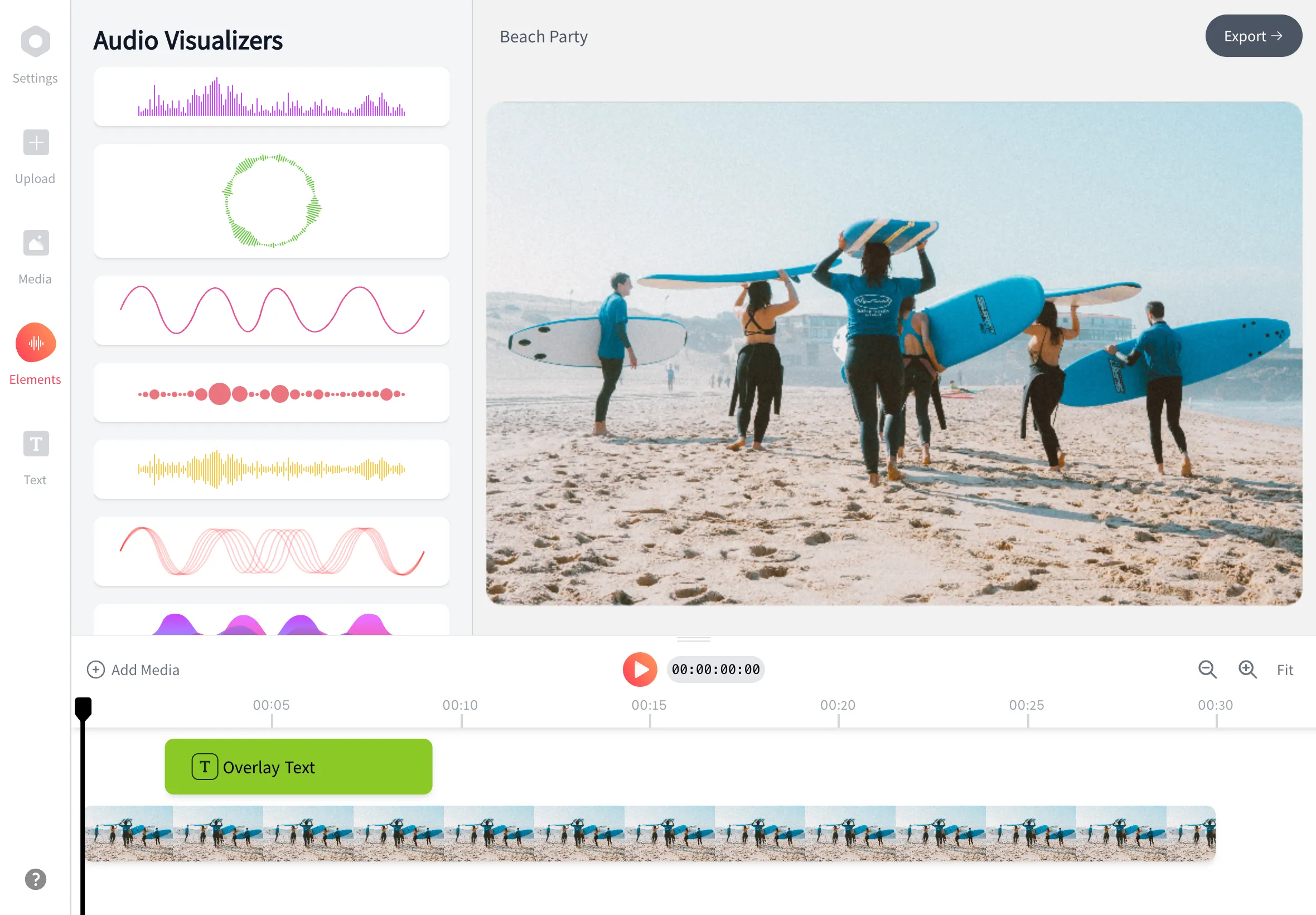So, you’ve got this M4A file on your device, but all you want is a good ol’ MP3 that works everywhere. Sound familiar? Let’s face it, converting M4A to MP3 can feel like solving a riddle if you’re not tech-savvy. But don’t sweat it—we’re here to break it down step by step. Whether you’re a music lover, a podcaster, or just someone who wants their files to play on any device, this guide has got your back.
Let’s be honest, life’s too short to waste time figuring out file formats. The good news? Converting M4A to MP3 is simpler than you think. In this article, we’ll show you the easiest methods, from free tools to pro software, so you can get your audio exactly how you want it. No headaches, no jargon—just pure, actionable tips.
Before we dive in, let’s quickly address why you’d want to convert M4A to MP3 in the first place. MP3 is like the universal language of audio files—it’s compatible with almost every device and platform out there. So, if you’re looking to share your music or podcast with the world, MP3 is your best bet. Now, let’s get started!
- Wwwmovierulzcom Download Kannada Your Ultimate Guide To Exploring The World Of Movies
- Bolly4u Hub Web Series Your Ultimate Destination For Bollywood Entertainment
Why Convert M4A to MP3? Understanding the Basics
First things first, what exactly is M4A? Think of it as a high-quality audio format that’s often used for iTunes downloads and podcasts. It’s great for preserving sound quality, but here’s the catch—it’s not always compatible with every device or platform. Enter MP3, the king of audio formats. MP3 is lightweight, versatile, and works on pretty much anything. If you’re wondering why you’d want to convert M4A to MP3, here are a few reasons:
- Compatibility with more devices
- Smaller file size for easy sharing
- Wider support across streaming platforms
- Preserves decent sound quality without taking up too much space
Now that you know the "why," let’s move on to the "how." But don’t worry—we’re just getting started!
Top Methods to Convert M4A to MP3
There’s no one-size-fits-all solution when it comes to converting M4A to MP3. Depending on your needs, you might prefer a free online tool or a paid desktop application. Below, we’ll cover the best methods to help you decide what works best for you.
- 7movierulz 2025 The Ultimate Guide To Streaming Movies Without Breaking The Bank
- 18 Movies Download Your Ultimate Guide To Exploring Mature Content Safely
Method 1: Online Converters—Fast and Easy
If you’re short on time and don’t want to install anything, online converters are your go-to option. These tools are super convenient, but make sure to choose a reputable one to avoid security risks. Here’s how you can do it:
- Head over to a trusted online converter like OnlineConverter or Convertio.
- Upload your M4A file. Most platforms support drag-and-drop, so it’s super easy.
- Select MP3 as the output format.
- Hit the convert button and wait a few seconds.
- Download your converted MP3 file and you’re good to go!
Pro tip: Always check the file size before uploading to avoid long conversion times.
Method 2: Desktop Software—For More Control
Sometimes, you need more than just a quick conversion. If you’re dealing with large batches of files or want advanced editing options, desktop software is the way to go. Tools like Audacity, Freemake Audio Converter, or VLC Media Player offer more flexibility and customization.
Here’s a quick guide using VLC Media Player:
- Download and install VLC Media Player from the official website.
- Open the program and go to Media > Convert/Save.
- Select your M4A file and click Add.
- Choose the destination file and select MP3 as the output format.
- Start the conversion process and enjoy your new MP3 file!
For those who love tinkering with settings, desktop software gives you the freedom to tweak bitrate, sample rate, and other technical stuff. Cool, right?
Choosing the Right Tool for Your Needs
With so many options out there, picking the right tool can feel overwhelming. To help you out, here’s a quick breakdown of the best tools for converting M4A to MP3:
- Online Converters: Best for quick, one-off conversions.
- Desktop Software: Ideal for batch processing and advanced editing.
- Mobile Apps: Perfect for on-the-go conversions.
Remember, your choice depends on factors like file size, frequency of use, and desired output quality. Don’t be afraid to try a few options before settling on one.
Tips for Converting M4A to MP3 Without Losing Quality
One of the biggest concerns when converting audio files is losing quality. Who wants their favorite tunes to sound all muffled and distorted, right? Luckily, there are ways to ensure your MP3 files sound as good as the original M4A. Here’s how:
- Use a higher bitrate (192 kbps or above) for better sound quality.
- Stick to lossless formats if you’re planning to edit the file further.
- Avoid re-converting files multiple times to prevent degradation.
By following these tips, you can enjoy crisp, clear audio without compromising on quality. Easy peasy!
Common Issues and How to Fix Them
Even with the best tools, things can go wrong. Whether it’s a corrupted file or a compatibility issue, here are some common problems you might face and how to fix them:
Issue 1: File Won’t Upload
Solution: Make sure your file isn’t too large. Most online converters have size limits, so compress your file if necessary.
Issue 2: Poor Audio Quality
Solution: Check your conversion settings and adjust the bitrate for better results. Also, ensure you’re using a reliable tool.
Issue 3: Conversion Takes Too Long
Solution: Optimize your internet connection or switch to a desktop application for faster processing.
By troubleshooting these issues, you can save time and frustration. Plus, you’ll become a pro at spotting potential problems before they happen.
Advanced Techniques for Power Users
If you’re the type who loves to dive deep into tech, here are some advanced techniques to level up your M4A to MP3 conversion game:
Batch Conversion
Tired of converting files one by one? Batch conversion lets you process multiple files simultaneously, saving you tons of time. Most desktop software and some online tools offer this feature.
Command-Line Tools
For those who aren’t afraid of the command line, tools like FFmpeg offer unparalleled control over your conversions. While it might seem intimidating at first, once you get the hang of it, you’ll wonder how you ever lived without it.
Pro tip: Use FFmpeg commands like this: ffmpeg -i input.m4a -vn -ar 44100 -ac 2 -ab 192k -f mp3 output.mp3 to customize your output settings.
How to Organize Your Converted Files
Once you’ve converted your M4A files to MP3, it’s time to organize them properly. A messy file system can lead to lost files and wasted time. Here’s how to keep things tidy:
- Create separate folders for different types of audio (e.g., music, podcasts, audiobooks).
- Use descriptive file names to make it easier to find what you need.
- Back up your files regularly to avoid data loss.
By keeping your files organized, you’ll save yourself a lot of headaches in the long run. Plus, it just feels good to have everything in order, doesn’t it?
Legal Considerations and Copyright
Before we wrap up, let’s talk about something important: legalities. While converting M4A to MP3 is generally fine for personal use, sharing copyrighted material without permission is a big no-no. Always make sure you have the right to convert and distribute the files you’re working with.
Here are a few guidelines to keep in mind:
- Only convert files you own or have permission to use.
- Respect copyright laws and terms of service agreements.
- Use converted files for personal use unless you have explicit permission to share them.
By staying on the right side of the law, you can enjoy your converted files without any worries.
Conclusion: Your Journey to Mastering M4A to MP3 Conversion
There you have it—a comprehensive guide to converting M4A to MP3 like a pro. From understanding the basics to mastering advanced techniques, you now have all the tools and knowledge you need to get the job done. Remember, the key is to choose the right method for your needs and always prioritize quality and legality.
So, what are you waiting for? Dive in and start converting those files! And don’t forget to leave a comment below if you have any questions or tips of your own. Sharing is caring, after all!
Table of Contents
- Why Convert M4A to MP3? Understanding the Basics
- Top Methods to Convert M4A to MP3
- Method 1: Online Converters—Fast and Easy
- Method 2: Desktop Software—For More Control
- Choosing the Right Tool for Your Needs
- Tips for Converting M4A to MP3 Without Losing Quality
- Common Issues and How to Fix Them
- Advanced Techniques for Power Users
- How to Organize Your Converted Files
- Legal Considerations and Copyright



Detail Author:
- Name : Dr. Chad Simonis
- Username : blair91
- Email : elockman@satterfield.com
- Birthdate : 1978-11-15
- Address : 1592 Maggio Garden Suite 223 Brandybury, ID 28877-5002
- Phone : 248-227-2039
- Company : Stokes-Boehm
- Job : Etcher and Engraver
- Bio : Maiores laborum et blanditiis et ullam aut excepturi. Deserunt quos expedita nihil. Nesciunt voluptas hic quo adipisci dolor nostrum eveniet.
Socials
tiktok:
- url : https://tiktok.com/@gabrielle_id
- username : gabrielle_id
- bio : Occaecati dolorum impedit perferendis dolore et reprehenderit delectus.
- followers : 843
- following : 330
facebook:
- url : https://facebook.com/fay2023
- username : fay2023
- bio : Quia neque sunt nobis. Cupiditate odio ratione nulla ipsum enim et.
- followers : 1880
- following : 2380
instagram:
- url : https://instagram.com/gabrielle6795
- username : gabrielle6795
- bio : Quod aut fugit aut. Qui amet blanditiis enim porro dignissimos.
- followers : 4905
- following : 248